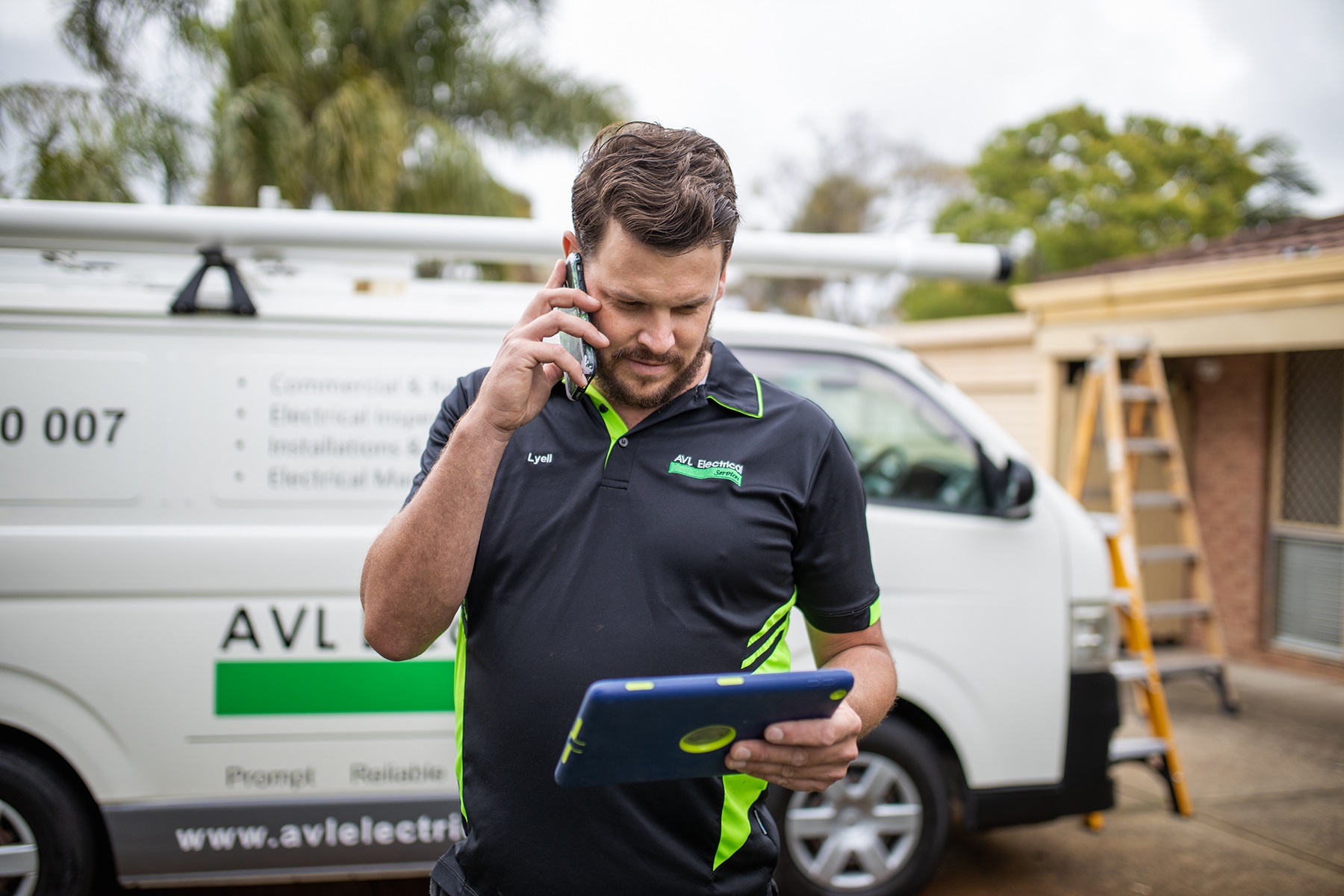Most people associate record keeping with tax time, but having a good record keeping system in place can also help you monitor the health of your business.
Record keeping can give you a more accurate picture of your business to help you understand how you are doing, so you can spot any potential problems sooner rather than later.
What records do I need to keep as a business owner?
The types of records you should be keeping include:
- all income (including cash, EFTPOS, credit or debit card, online sales and other payments you may receive)
- expenses (such as operating expenses, business travel expenses, and payments you make to employees and contractors including any cash wages)
- bank statements
- records of business purchases or use of business stock for personal purposes (to help you work out the business portion to claim as a deduction, and to account for the stock used)
- goods and services (GST) related records, if you’re business is registered for GST.
Tip: You’ll need to retain copies of most financial records for five years and provide copies to the Australian Taxation Office (ATO), if requested.
What are the benefits of record keeping?
Having up to date financial records can help you:
- monitor your business income and expenses
- track your stock levels
- manage your cash flow and make informed decisions
- file your business activity statements (BAS) and tax returns more efficiently
- demonstrate your financial position to banks and other financial institutions
Tips to make record keeping easy
Good record keeping doesn’t have to be hard; the key is to find a system that works for you. This can include:
- saving records electronically
- keeping evidence of all transactions
- taking pictures of your receipts to avoid faded records
- storing copies of your receipts digitally, many accounting software packages provide this as a feature
- retaining all business records including income, expenses and bank records
- keeping your business records separate to your personal records.
Remember, without proper records you may not be able to claim everything that you’re entitled to come tax time.
Useful record keeping tools
If you’re a sole trader with simple tax affairs, you can use the ATO’s myDeductions tool to track your income and deductions throughout the year.
The ATO’s record keeping evaluation tool can help you review your record keeping practices and see if you’re still on the right track.
What happens if I don’t have records?
As a business owner, you are accountable for understanding and meeting your record keeping obligations to the ATO.
If you are unable to provide records to the ATO when requested, you could be fined or be required to attend a record keeping course.
More information
- Visit the ATO website for more tips on record keeping.
- Download and use our free financial planning tools to help you monitor your business financials.
- Attend our financial management workshops to learn more about keeping track of your business’s financial health.




